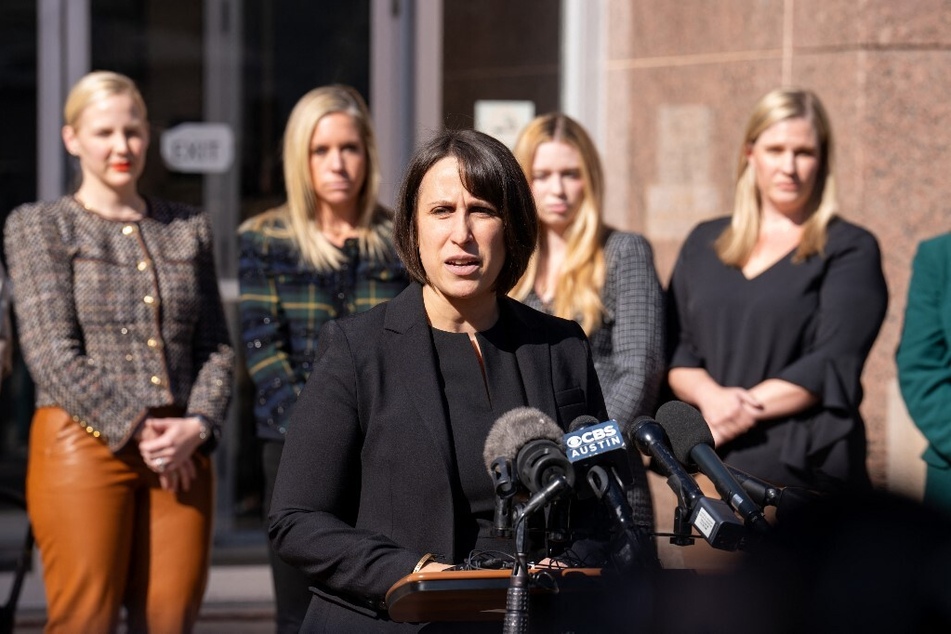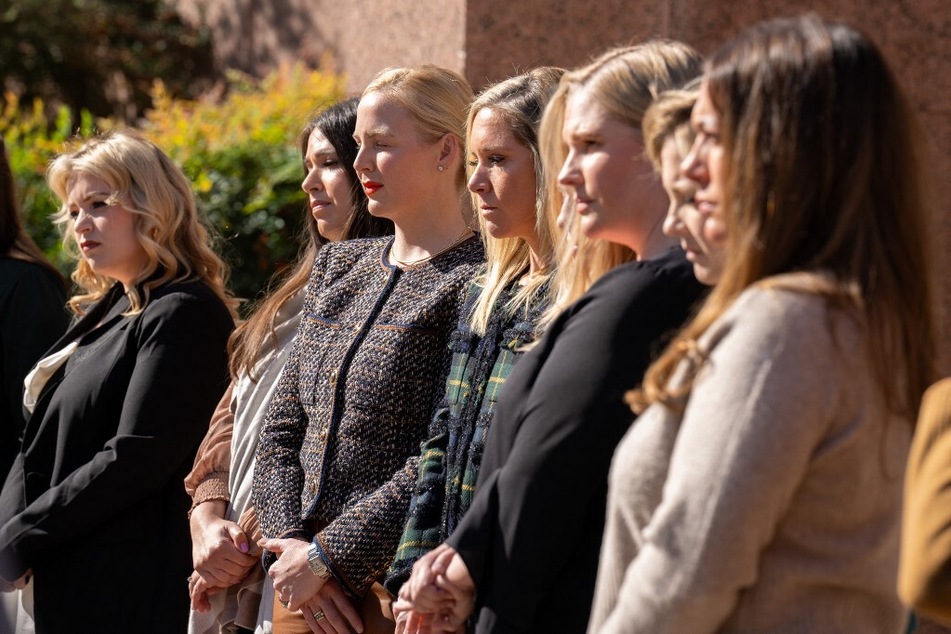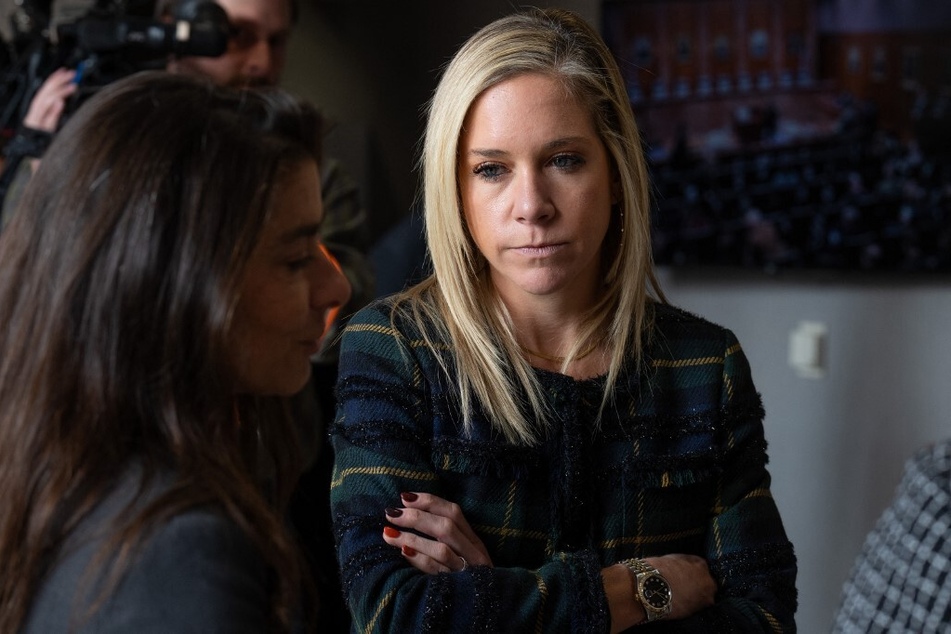Texas Supreme Court hears case challenging abortion ban for medical emergencies
Austin, Texas - The Texas Supreme Court heard arguments Tuesday in a case brought on behalf of some two dozen women who were denied abortions even though they had serious – in some cases life-threatening – complications with their pregnancies.

The lawsuit, filed by the Center for Reproductive Rights in March, argues that the way medical exceptions are defined under the conservative state's abortion restrictions is confusing, stoking fear among doctors and causing a "health crisis."
"While there is technically a medical exception to the bans, no one knows what it means," argued Molly Duane, the group's attorney, adding that "physicians are terrified" to grant one.
In August a lower court found in favor of the plaintiffs, confirming the women should have received abortion care.
But the Texas Attorney General's office immediately filed an appeal, staying Judge Jessica Mangrum's temporary order, which said doctors can use their own medical judgment to determine when to terminate pregnancies in such situations.
The fate of Mangrum's order is now up to the Texas Supreme Court, made up of elected judges who serve six-year terms.
All its members are currently Republicans.
The court could decide to throw the original case out, ending it before a trial on merits is set to proceed in March 2024. Or they could allow the case to proceed with or without the near-total ban blocked. A decision isn't expected for at least several weeks.
Texas abortion restrictions create confusion

The suit is the first brought on behalf of women denied abortions since the US Supreme Court overturned the constitutional right to the procedure in June 2022.
A state "trigger" ban went into effect when Roe v. Wade was overturned, prohibiting abortions even in cases of rape or incest. Texas also has a law that allows private citizens to sue anyone who performs or aids an abortion.
Texas physicians found guilty of providing abortions face up to 99 years in prison, fines of up to $100,000 and the revocation of their medical license.
Beth Klusmann, representing the Attorney General's office, argued that the court in the previous ruling "overstepped its constitutional bounds, when it rewrote and expanded the medical emergency exceptions and then concluded that the expansion was constitutionally required."
The ruling would "permit abortions for pregnant females with medical conditions ranging from a headache to feelings of depression," the state said in separate written arguments.
But Justice Jeff Boyd agreed that the law had caused confusion, saying, "Some of these women appear to have fallen within the (existing) exception, but their doctors still said, 'No.'"
Klusmann argued that the legislature could expand exceptions, and patients could sue their doctors if they feel they should receive one and don't.
Plaintiffs share harrowing testimony

Women involved in the case gave harrowing court testimony in July.
Amanda Zurawski, after whom the initial case is named, said she was denied an abortion even though her water broke very early in her pregnancy, meaning a miscarriage was inevitable.
Zurawski said her doctor told her that she "couldn't intervene, because the baby's heart was still beating and inducing labor would have been considered an illegal abortion."
Zurawski went into life-threatening septic shock and the fetus was stillborn.
After Tuesday's arguments, another plaintiff, Jessica Bernardo, told AFP she had to fly to the northwestern city of Seattle to obtain an abortion after a doctor last year discovered a fetal anomaly.
"The daughter we wanted to have... was already displaying heart failure and kidney failure," she said. "Not only would she not make it to birth, but it caused my health to be in significant danger."
Already sick, coughing and losing weight, she said she pleaded her case to the hospital board, which insisted the 39-year-old "wasn't sick enough" to qualify for abortion law exceptions designed to save the life of the mother.
"I'm not the only one. And I want to be here to represent women who can't be here," Bernardo, now pregnant again, told AFP.
"Abortion really is healthcare. And if it weren't for that I wouldn't be pregnant with a healthy baby right now."
Cover photo: SUZANNE CORDEIRO / AFP

